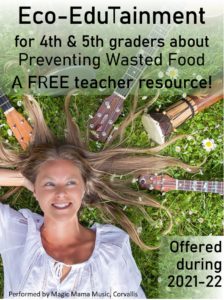Greetings, Conscientious Food Consumers!
Since 2018, we here at No Food Left Behind-Corvallis have been bringing you information and resources, which we hope have been enlightening & motivational, about the systemic, global problem of wasted food. Five years later, we’re happy to be a partner — for the second consecutive year — of National Food Waste Prevention Week, April 10th-16th, 2023.
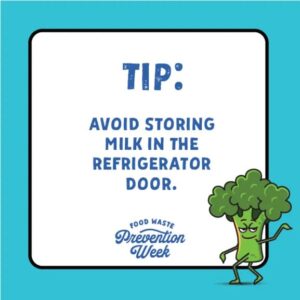
There’ll be loads of resources and connections from all over the country, social media engagement on Facebook, Twitter and Instagram, tips for wasting less at home, events, an art contest for K-12 students, webinars, and fun game show-style quizzes. There will also be more Spanish-language resources and materials! Keep checking back at their website for updates and happenings.
The goal of National Food Waste Prevention Week is “to educate and inspire real cultural change around food waste… to help families save money, reduce the negative impact of food waste on the environment, and address hunger in our communities.” Pretty ambitious — but the good news is there are hundreds of partners from every part of the country, representing every sector of the food system, signing on. Hooray! Preventing Wasted Food is a National Thing!
Oregon is one of the top three states with 38 participating agencies and organizations so far, thanks to our colleagues at the state’s Department of Environmental Quality (DEQ) Materials Management division, which is a principal organizing partner for this national event. DEQ also lends its unique “Bad Apple” campaign characters (like the broccoli figure) to the national effort. Maybe you’ve picked up one of these stickers at our Farmers’ Market table!
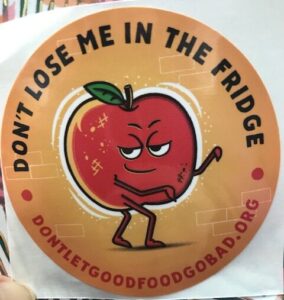
We would be remiss if we neglected to mention the fact that DEQ grant funding jump-started NFLB five years ago. We are proud to be one of DEQ’s partners in its statewide campaign to reduce wasted food.
How You Can Participate in National Food Waste Prevention Week:
- TAKE THE PLEDGE to use good habits to reduce food waste at home and work, be accountable, and share your knowledge with others! Then post your commitment on social media (if you so choose).
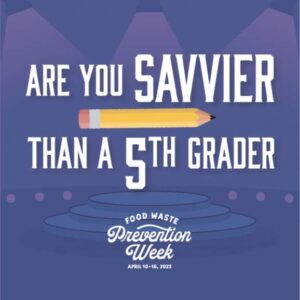 TAKE A QUIZ: Are you as savvy as a 5th Grader? Daily fun facts and tips. (Maybe you ARE a fifth grader!)
TAKE A QUIZ: Are you as savvy as a 5th Grader? Daily fun facts and tips. (Maybe you ARE a fifth grader!)- Encourage your child to enter the STUDENT ART CONTEST. This year’s theme: “How Does Reducing Our Food Waste Protect Our Planet?” Check out last year’s winners!
- Learn something or make a new connection in a WEBINAR. The offerings range from general interest to geeky. Many will be state- or regionally-specific.
- FOLLOW National Food Waste Prevention Week on Facebook, Twitter and Instagram for fun facts and tips before, during and after the week!
- TRACK YOUR FOOD HABITS FOR A WEEK using NFLB’s “Wasted Food Discovery Week” form (also available in Spanish). Browse our Recipes for Leftovers, or download one or more of our other Smart Strategies to help you change those behaviors and save money!
- SEE FUN EDUCATIONAL VIDEOS in English and Spanish from NFLB’s own “Magic Mama” Kjersten Hallin. This spring, Kjersten will once again be presenting these, along with movement, music and curriculum-enhancing activities in Corvallis schools. Contact us to request a visit to your child’s classroom!
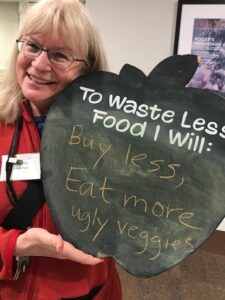 EVERY WEEK CAN BE WASTED FOOD PREVENTION WEEK!
EVERY WEEK CAN BE WASTED FOOD PREVENTION WEEK!
Many of you, during our regular encounters at the Corvallis Farmers’ Markets, have mentioned your concerns about the entire spectrum of food waste, from unharvested produce at field and farm, to the full dumpsters behind a big box grocer or retailer, to the garbage receptacles at restaurants, in school lunchrooms, at sporting events and festivals.
We’re happy to report that the problem is now being addressed in nearly every state and in many municipalities, through governmental programs and public-private partnerships across all sectors of our food systems. Sophisticated, data-driven initiatives from non-profit and non-governmental research organizations like ReFED, Project Drawdown, and the NRDC have created resources and conceptual groundwork for systemic change by 2030.
But it still comes down to each one of us, in our own households, to make the biggest difference. It’s now well established that most food waste happens IN THE HOME, and that reducing food waste is the #1 personal action we can take to reduce greenhouse gas emissions driving the global climate crisis.
National Food Waste Prevention Week happens each April, just like Earth Day. Shouldn’t EVERY DAY be Earth Day? Let’s make EVERY WEEK Food Waste Prevention Week!
Congratulations, Conscientious Food Consumers (and everyone who’s working on it). You are part of a nationwide, even international, movement!
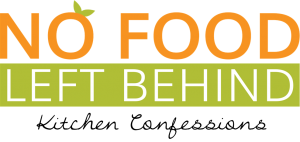


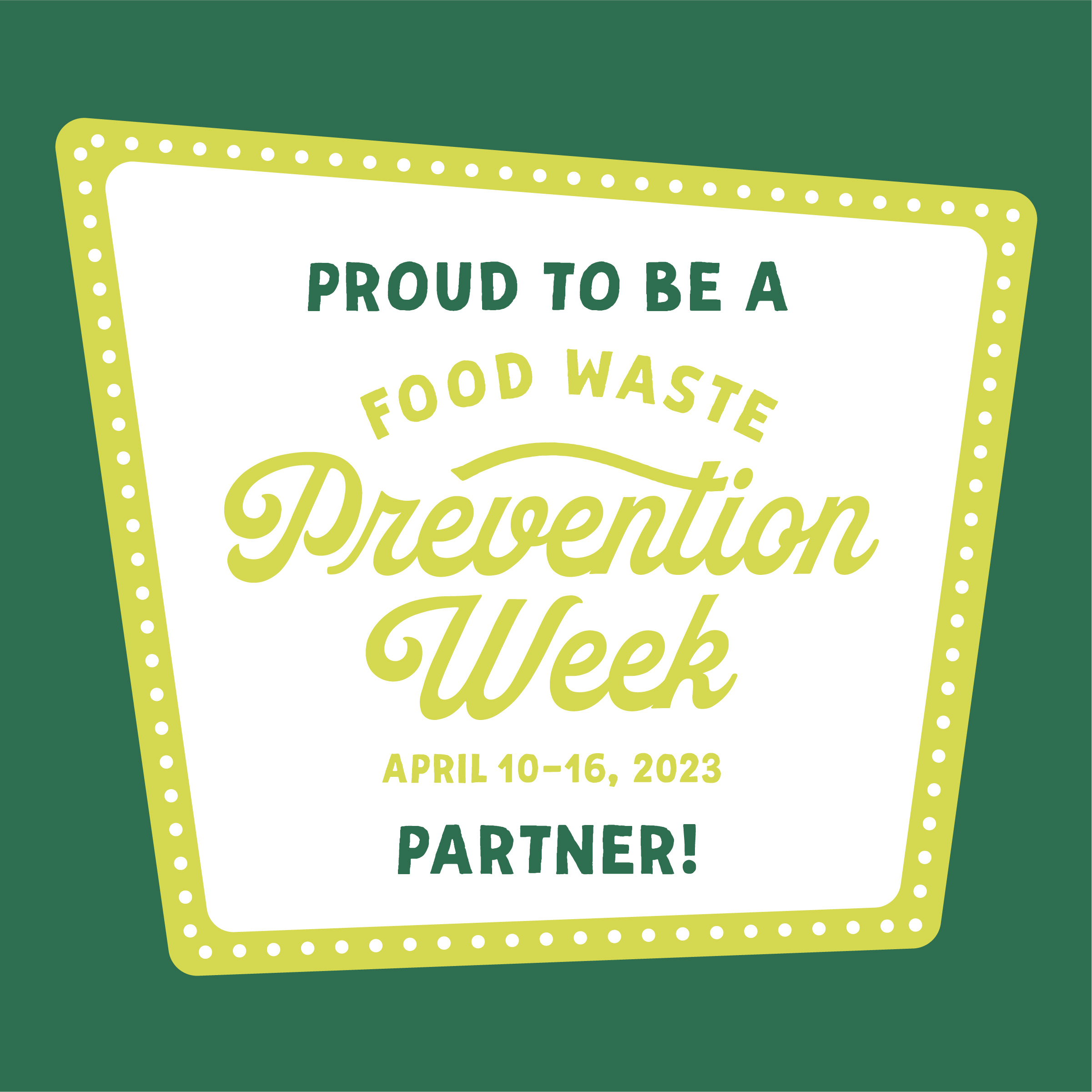

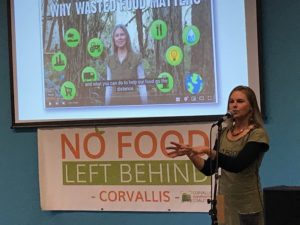
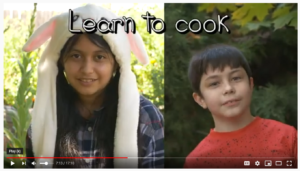 Local kid actors in many of the scenes help to make Magic Mama's message more relevant for younger viewers. And while kids of all ages -- as well as adults -- can benefit from viewing the videos, the material was developed to help meet school curriculum standards for grades 4-6.
Local kid actors in many of the scenes help to make Magic Mama's message more relevant for younger viewers. And while kids of all ages -- as well as adults -- can benefit from viewing the videos, the material was developed to help meet school curriculum standards for grades 4-6.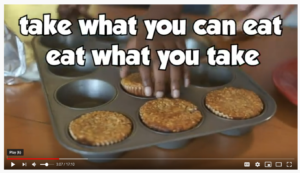
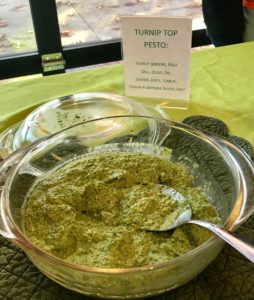
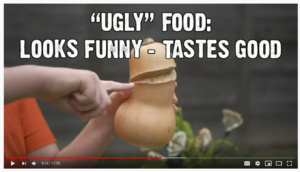
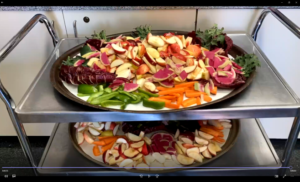
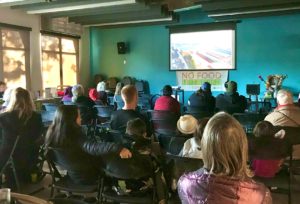
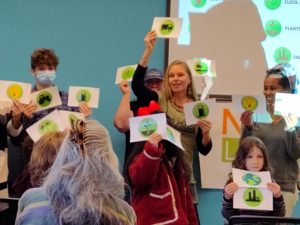
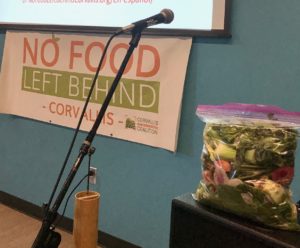
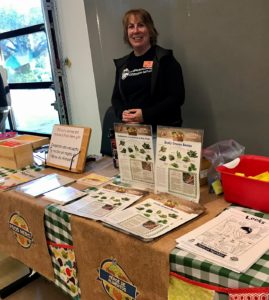
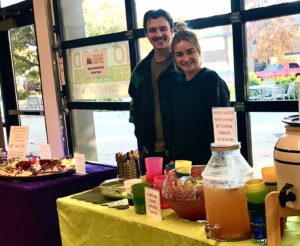
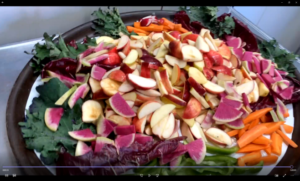
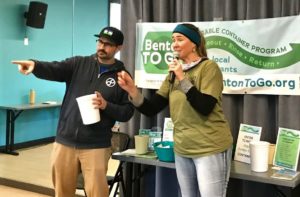
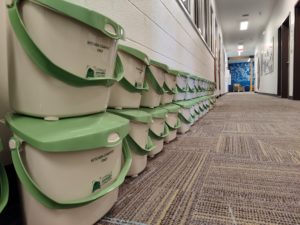
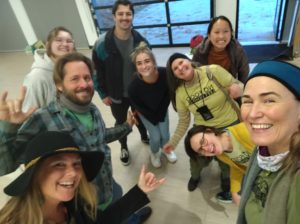
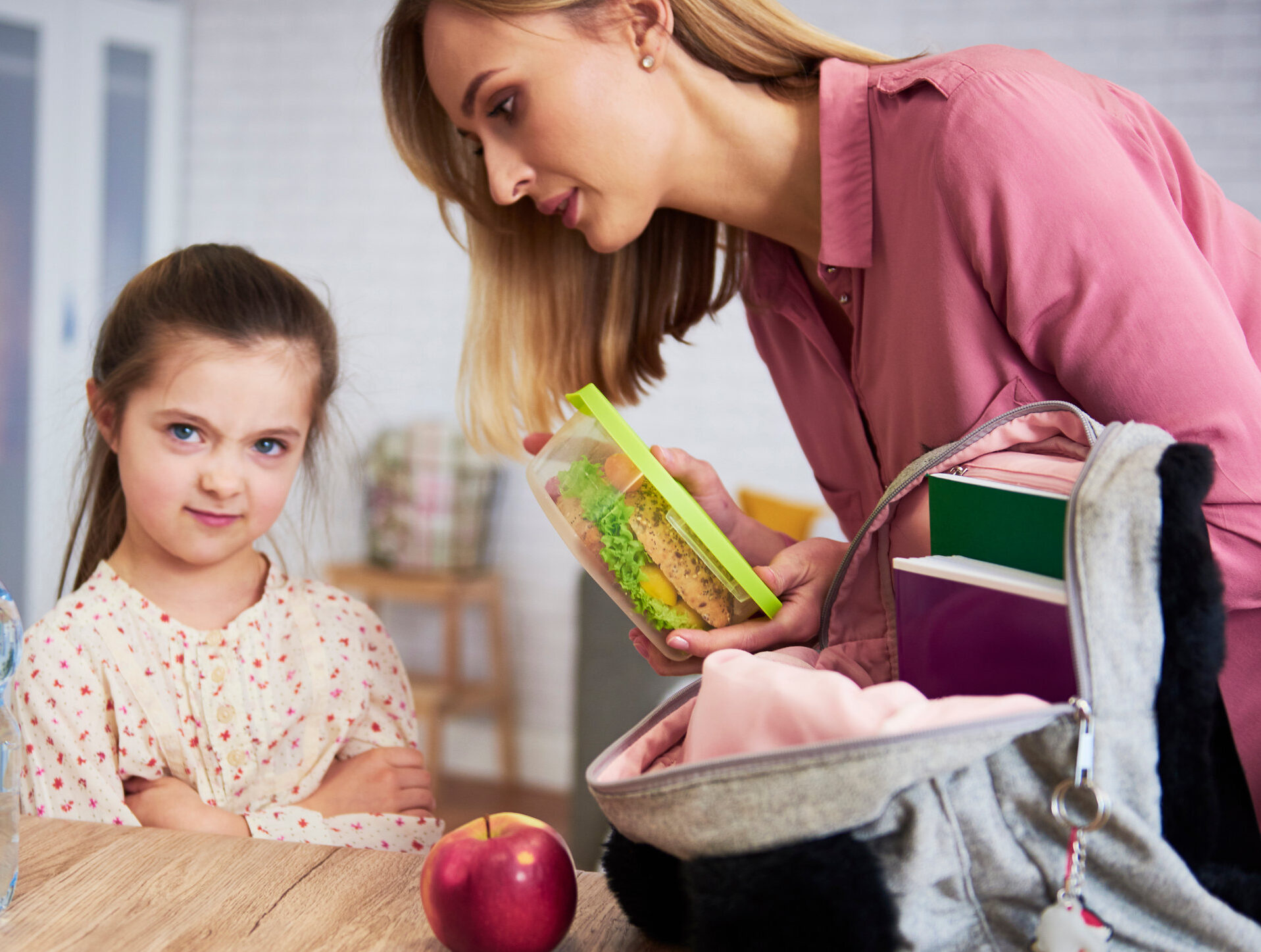
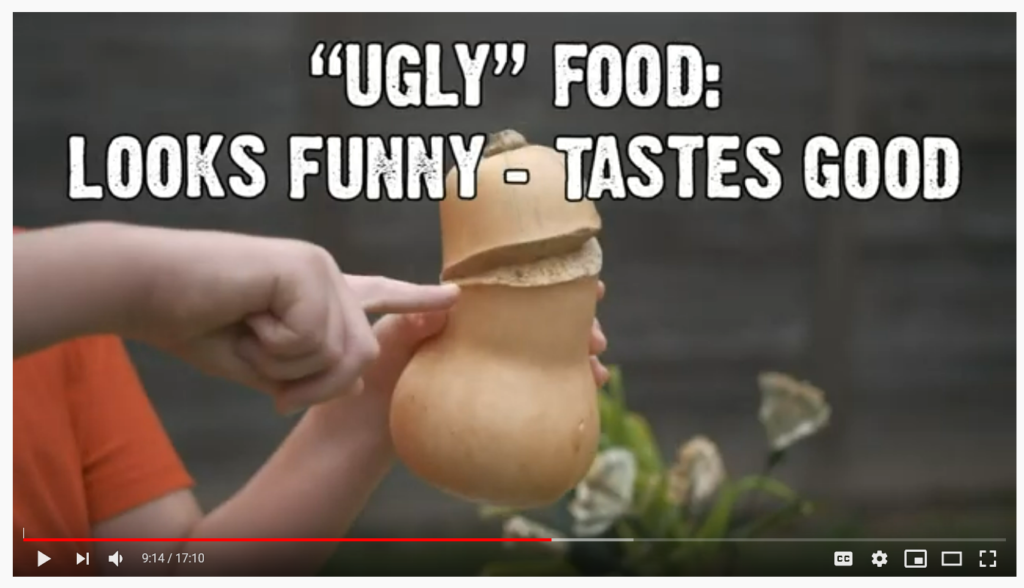
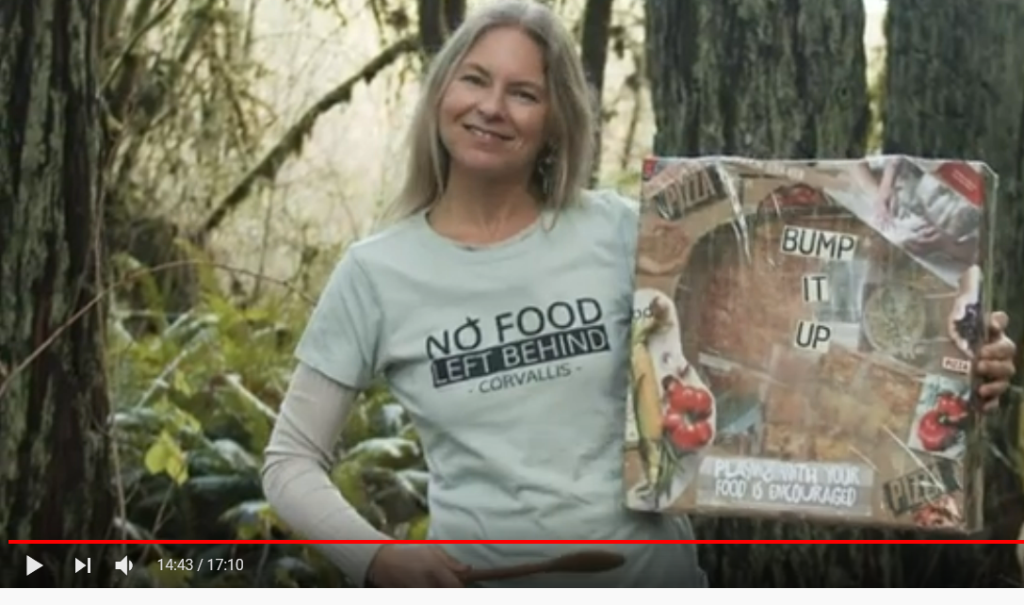
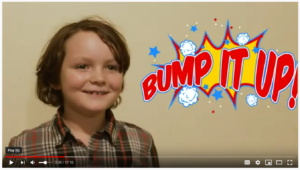 In late 2020, Kjersten began the challenging task of digitizing her educational presentations into a 45-minute lesson for teachers and students. This lesson in three videos transforms facts into an inspiring mix of catchy raps and songs, graphics and claymation animation, as well as peer-group student actors, to motivate kids to make a commitment to waste less every day.
In late 2020, Kjersten began the challenging task of digitizing her educational presentations into a 45-minute lesson for teachers and students. This lesson in three videos transforms facts into an inspiring mix of catchy raps and songs, graphics and claymation animation, as well as peer-group student actors, to motivate kids to make a commitment to waste less every day.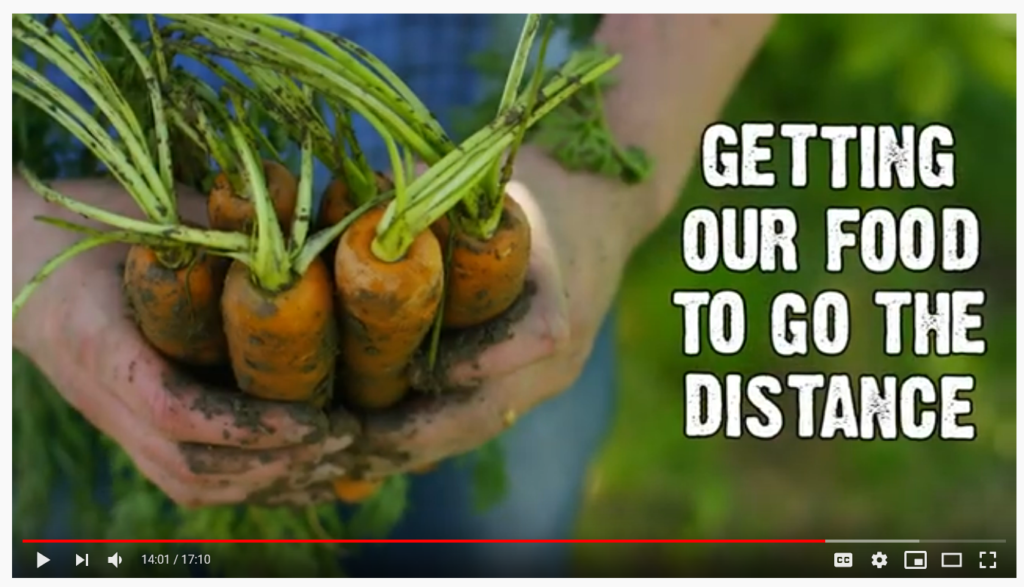
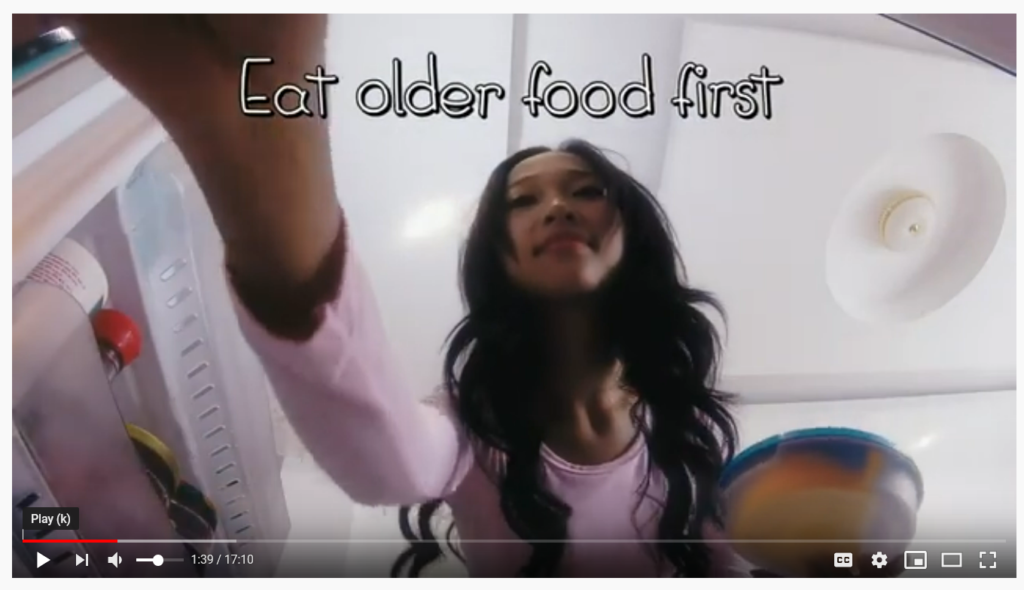
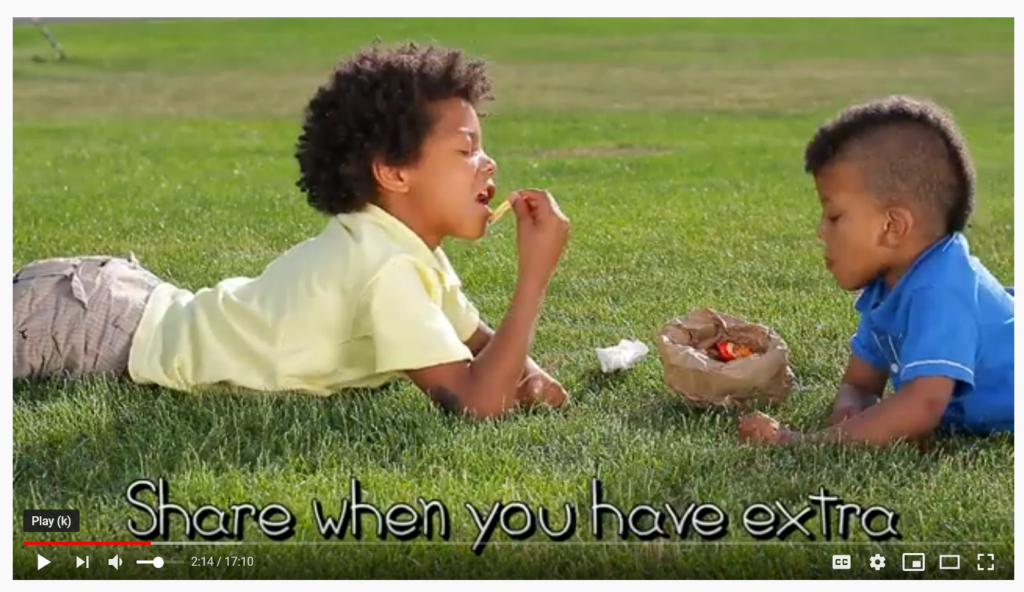
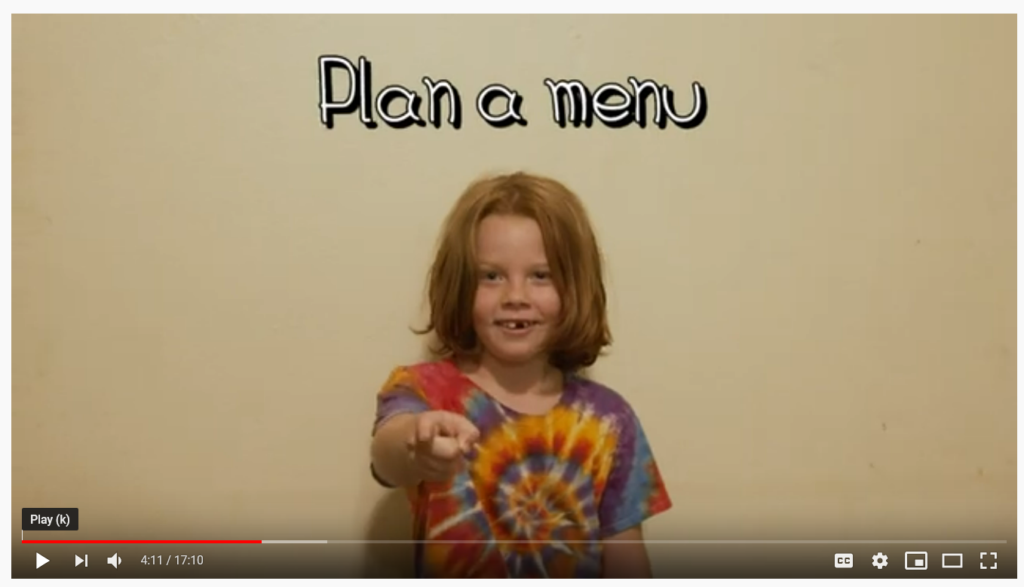
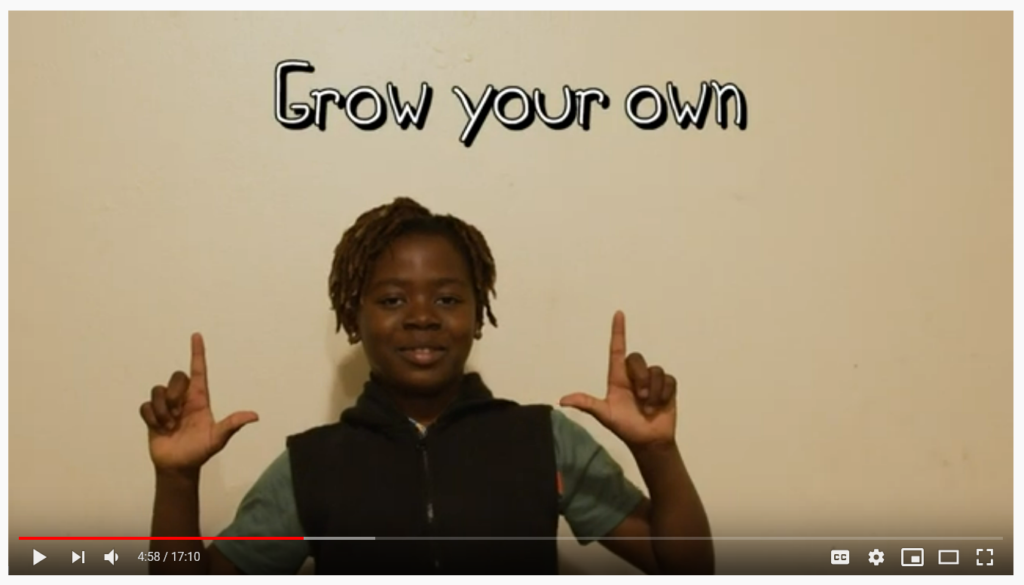
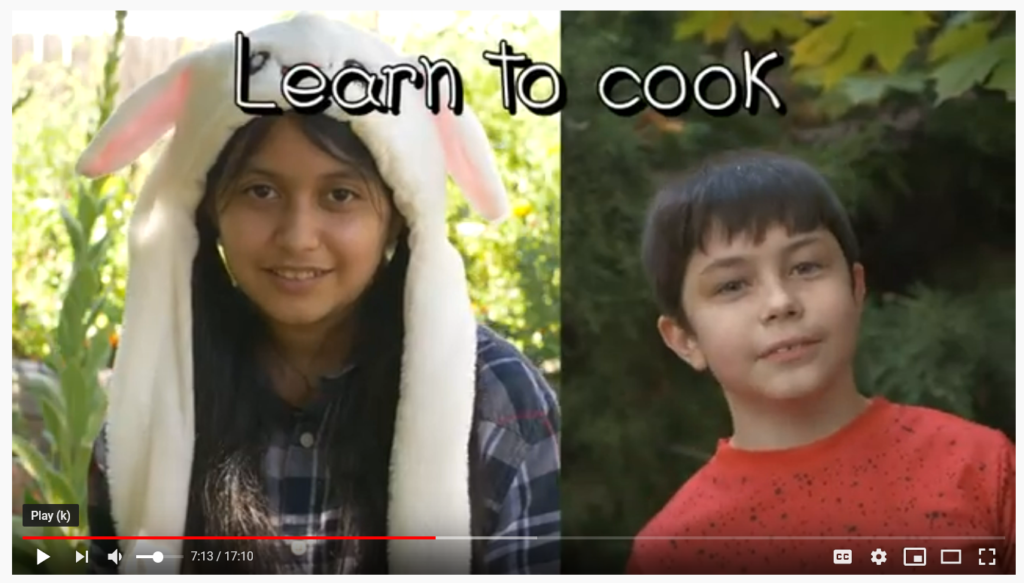
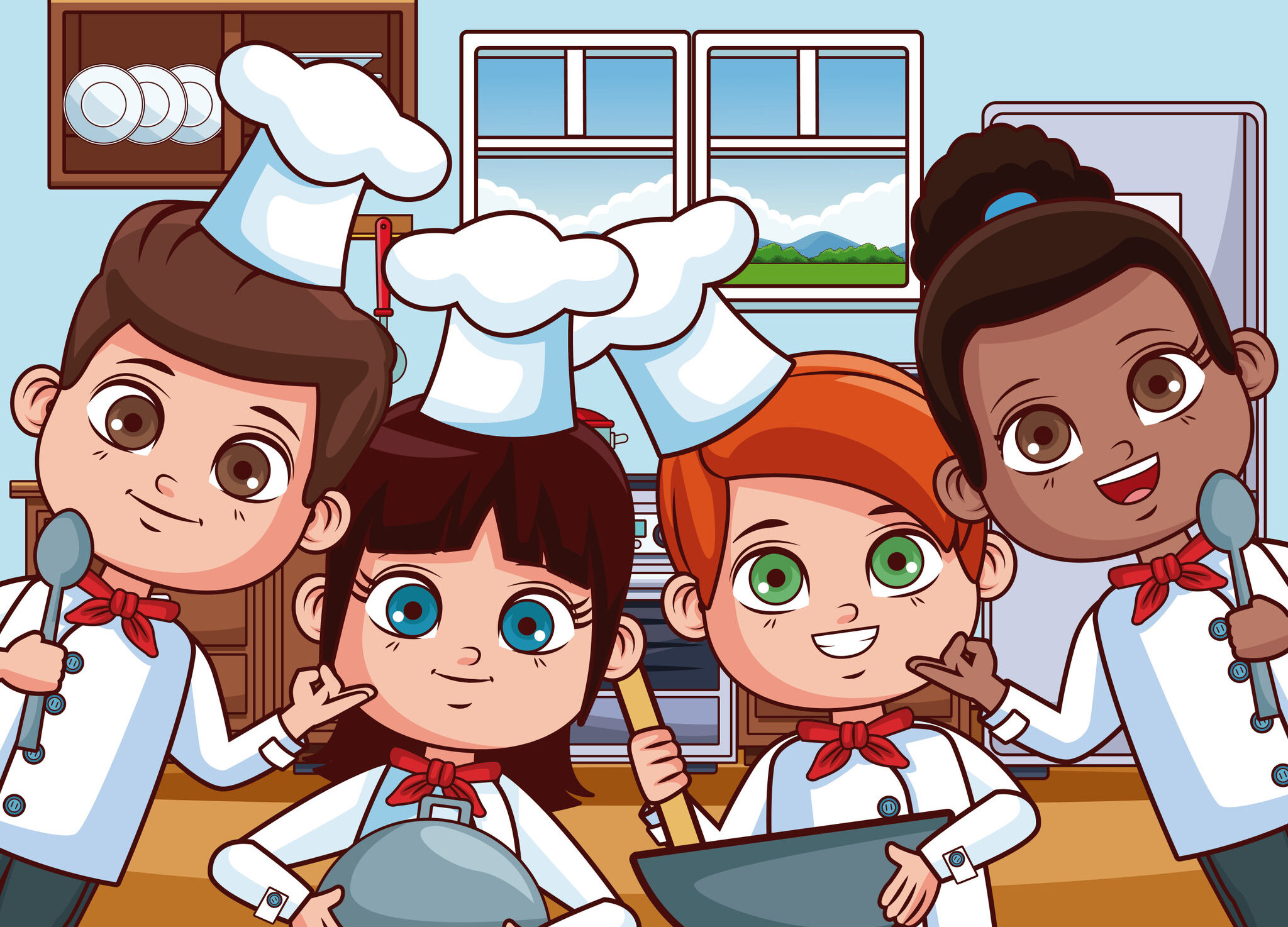

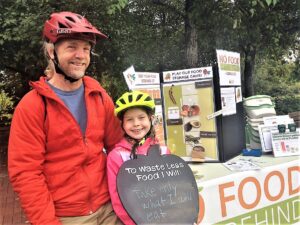
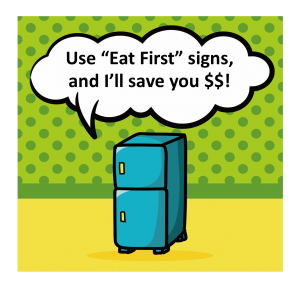 Make friends with their family freezer. Remember those overripe bananas that were saved from the compost a couple months ago by popping them in the freezer? It’s Banana Smoothie Time! Or
Make friends with their family freezer. Remember those overripe bananas that were saved from the compost a couple months ago by popping them in the freezer? It’s Banana Smoothie Time! Or 